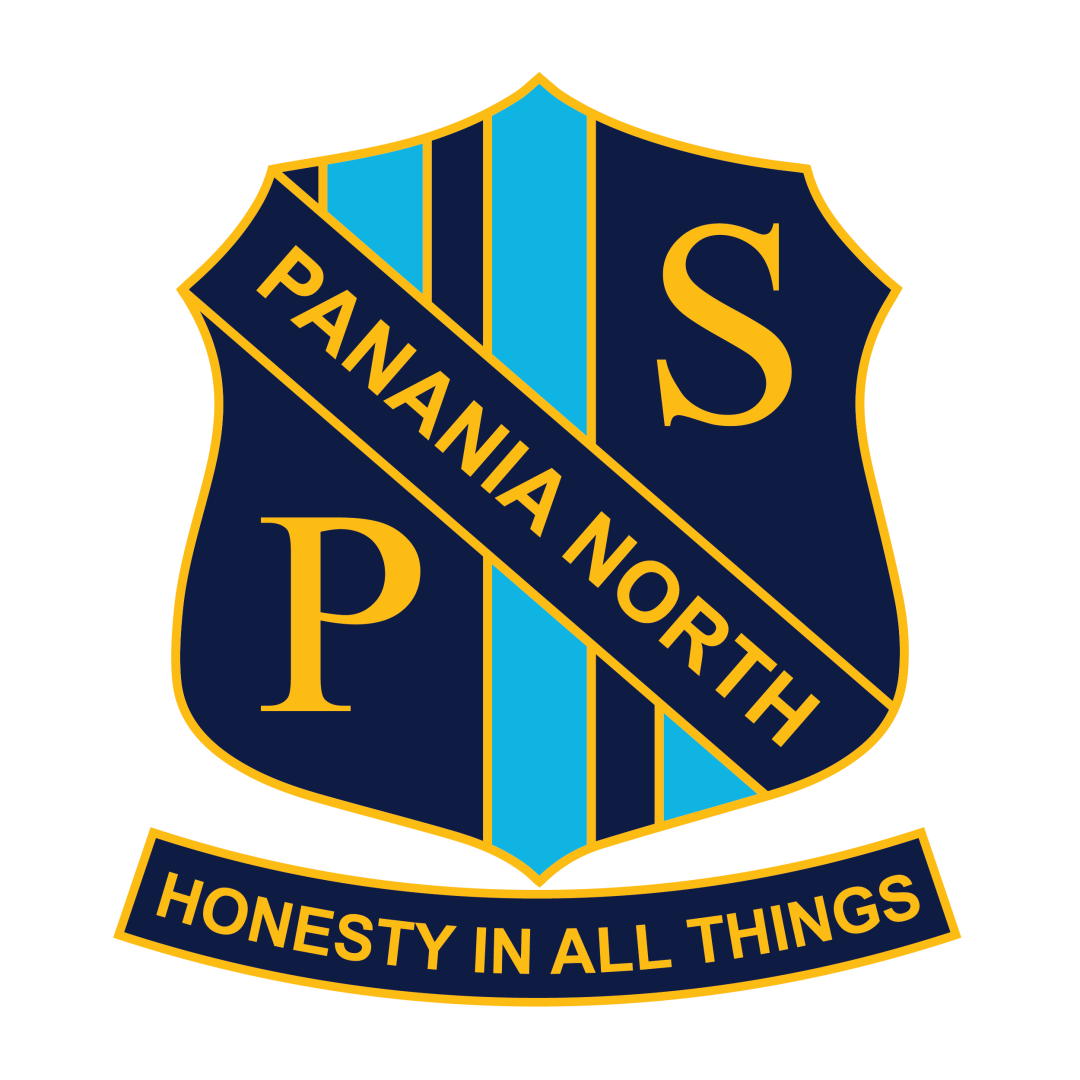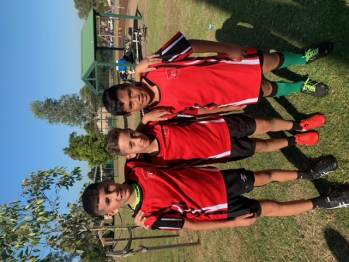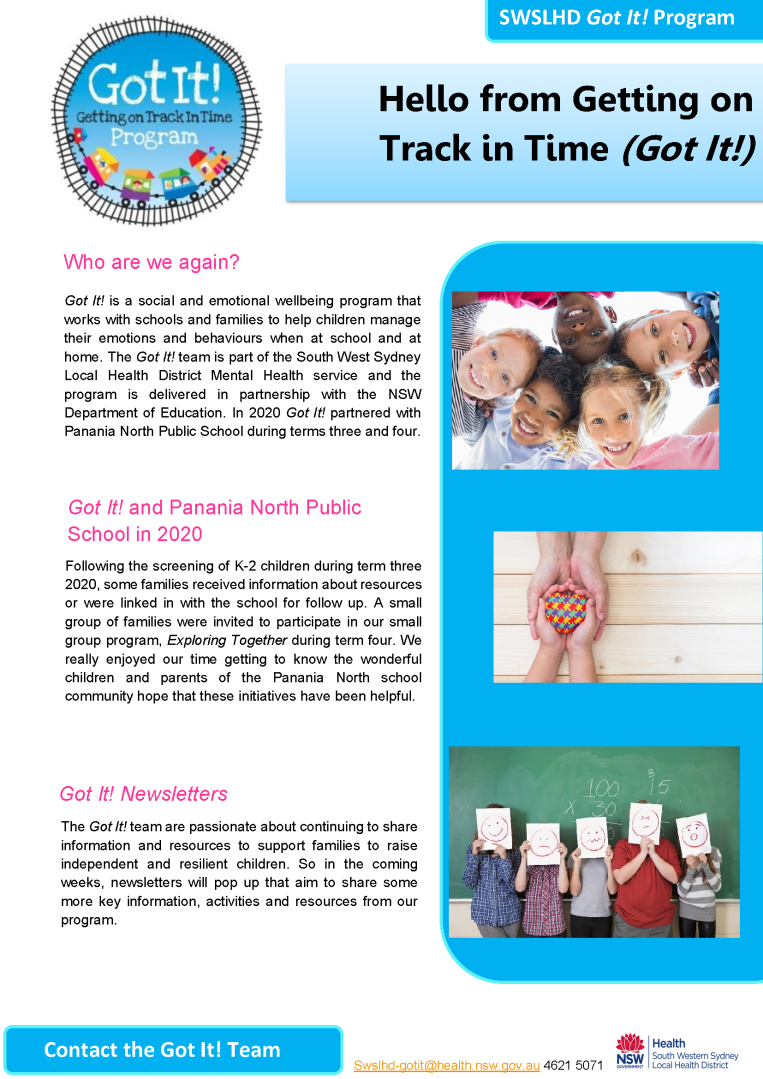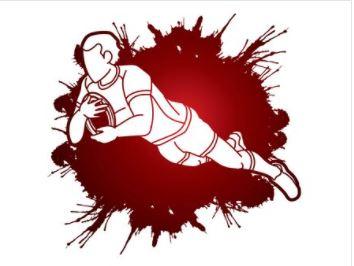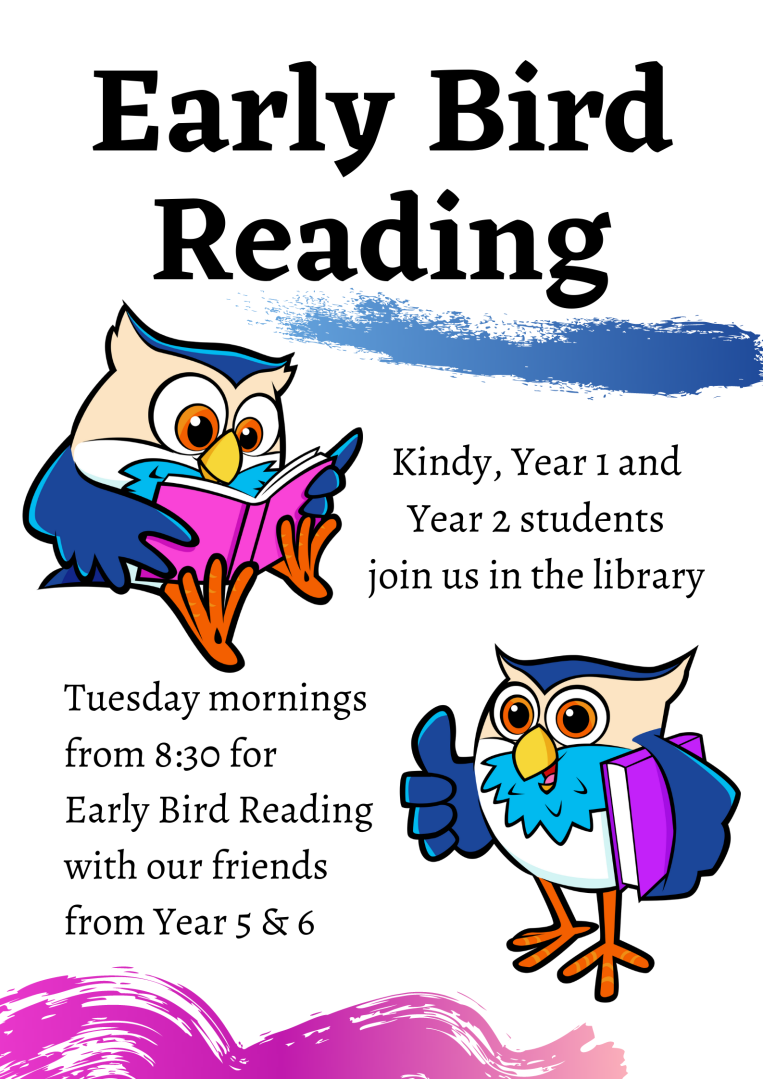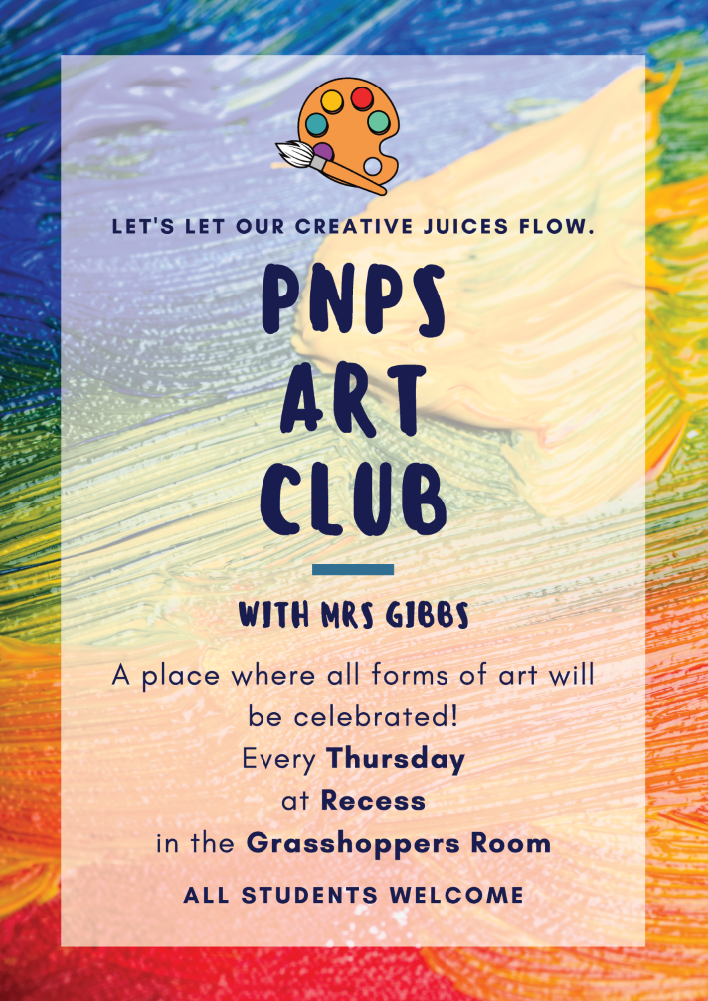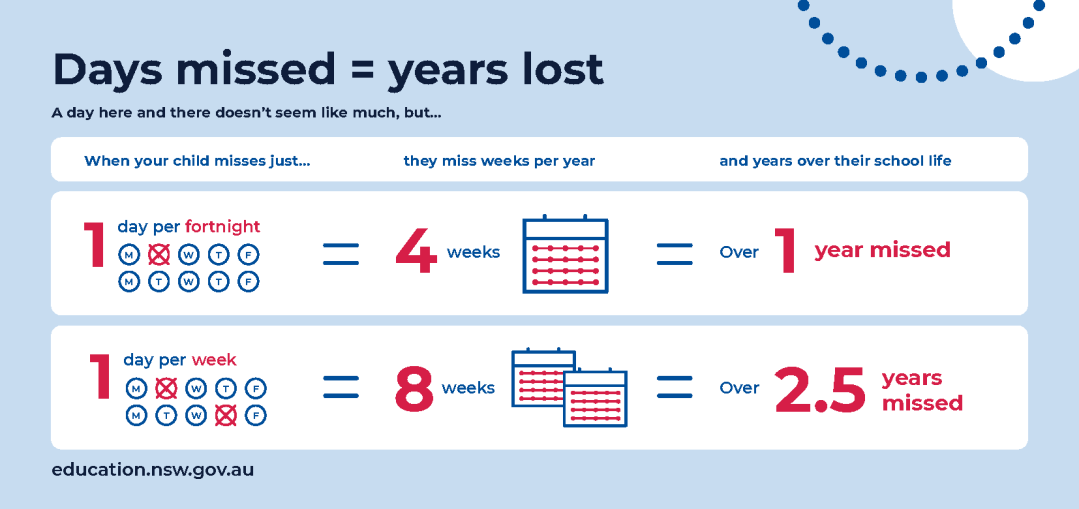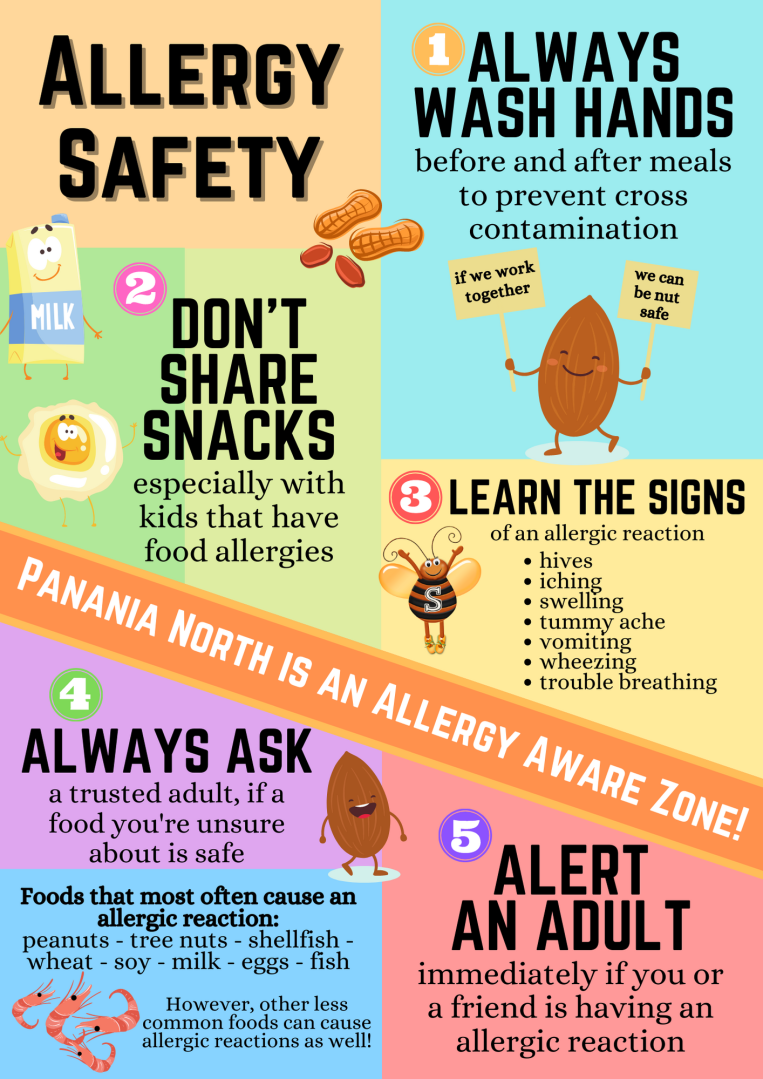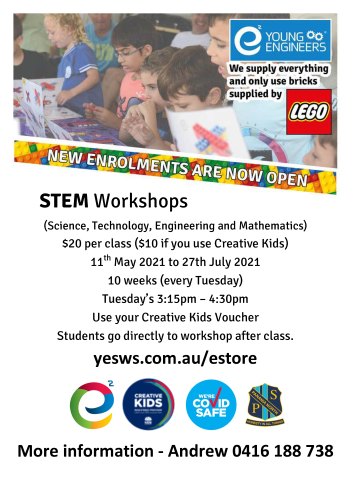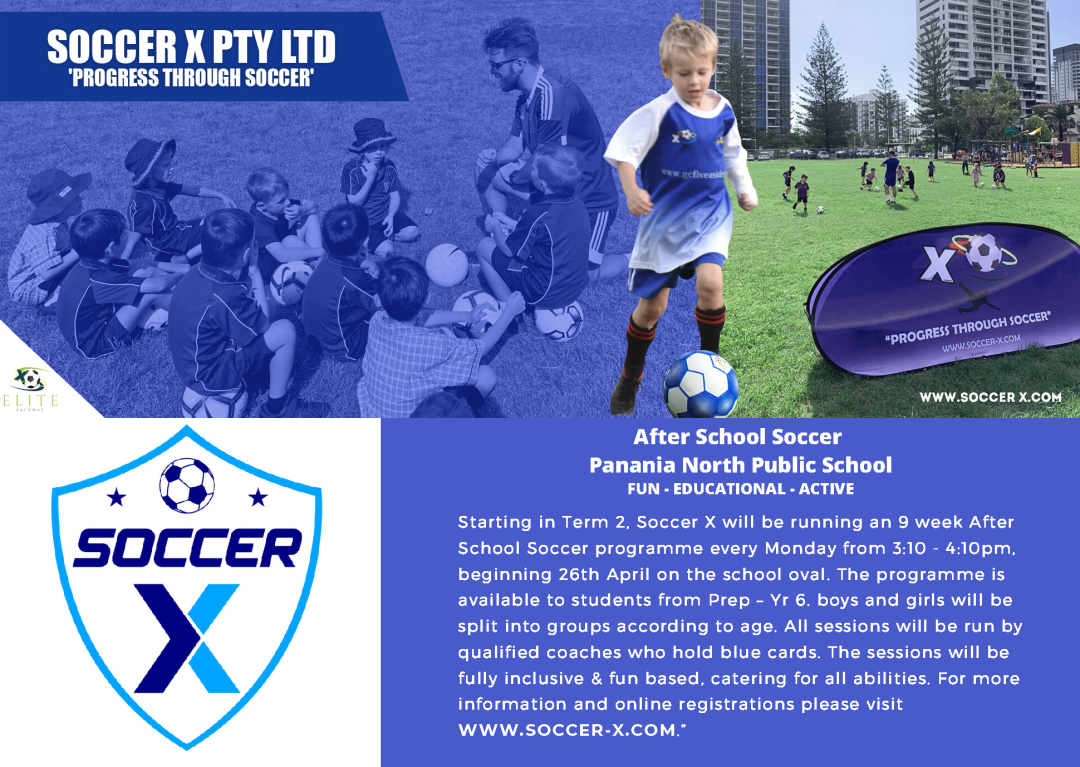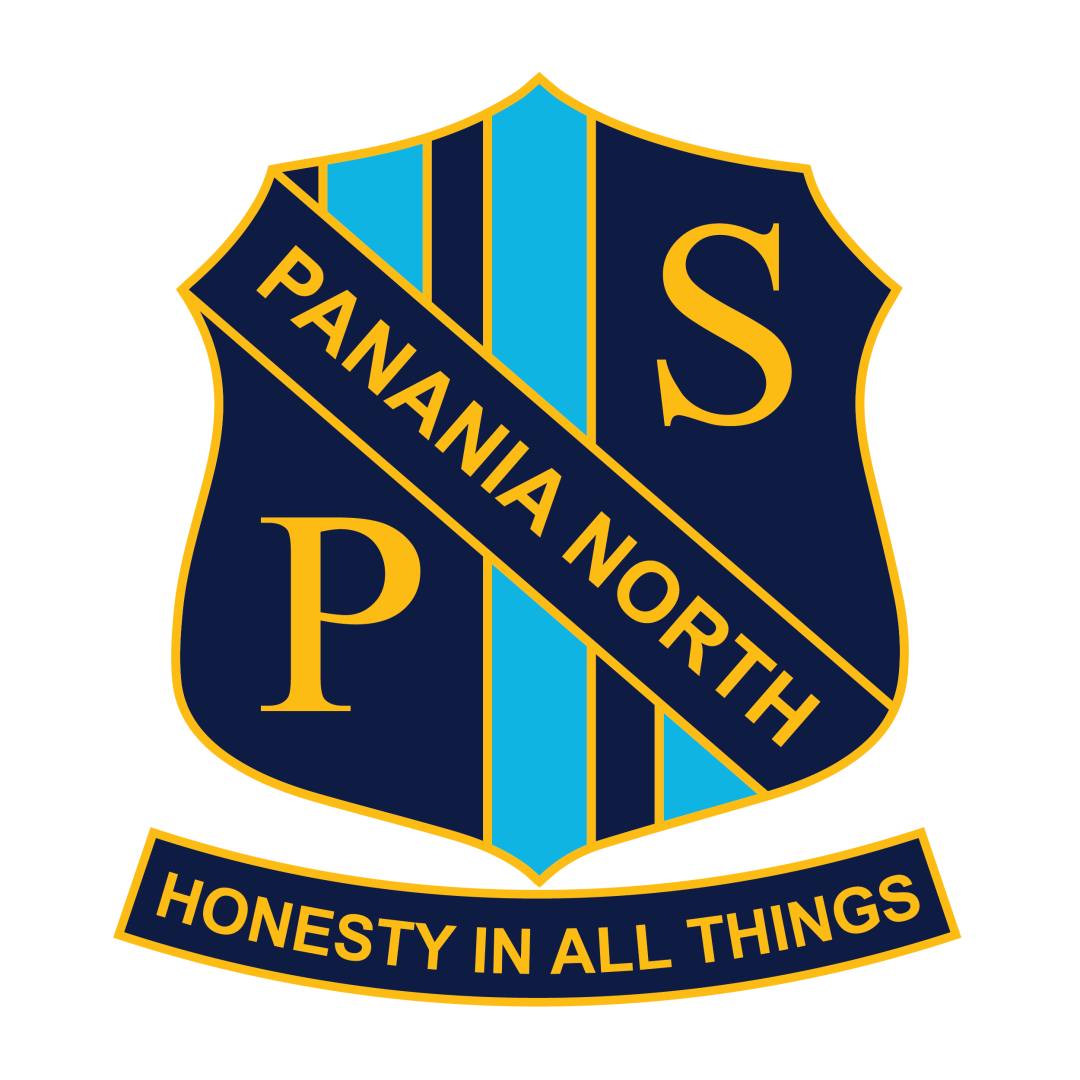At Panania North we are committed to ensuring that how we teach your child is based on what we know makes the biggest difference to their learning.
Below is a summary of the eight ‘What works best’ practices for effective teaching, including some conversation tips to help you support these practices at home. We suggest that you use just one set of questions at a time with your child.
1. High expectations
Students learn best when their teachers have high expectations. Having high expectations means that teachers work hard to gain students’ interest, encourage them to learn new things, provide help when they need it, are clear and consistent about how they want students to behave and learn, and vary the way they teach to meet students’ needs.
Check in with your child- For primary school students: Did you try something new today? What was it? How did you go? How do you feel when you’re learning something new?
2. Explicit teachingStudents learn best when teaching is explicit, especially when learning something new. Explicit teaching involves teachers clearly explaining to students why they are learning something, how it connects to what they already know, what they expect students to do, how to do it and what it looks like when they have succeeded.
Check in with your child- Tell me about something you learnt today. Did you find it easy to learn, or did you need to ask a few questions? How could you tell when you ‘got it’?
3. Effective feedbackStudents learn best when teachers provide them with effective feedback. Feedback that is effective is constructive, detailed and specific. It focuses on how students performed on a particular task, and is clear about where mistakes were made and what needs to happen to improve in future.
Check in with your child- When you’re learning something new, how do you know if you’re on the right track? How do you know what you can do to improve next time?
4. Use of data to inform practiceStudents learn best when teachers use data to confirm where students are up to in their learning and to plan what to teach next. Data is any form of information that helps teachers to do this. Data can come from a range of places, including class quizzes, student answers to teacher questions, samples of students’ work, and formal exams.
5. AssessmentStudents learn best when teachers use high quality assessment. Assessment refers to the range of activities that teachers use to evaluate where students are up to in their learning. It includes formal activities such as exams and surveys, as well as more informal activities such as asking students questions and evaluating samples of their work.
Check in with your child- Your teacher needs to understand where you are up to in your learning, so that he or she knows what to teach next. How do you show your teacher what you know and what you can do?
6. Classroom managementStudents learn best when teachers manage their classrooms well. Classroom management includes the broad range of things that teachers do to encourage a safe, positive and stimulating learning environment for their students.
Check in with your child- Are there rules or expectations you need to follow in your classroom? Can you tell me a few? What happens when you work hard to follow them? What happens if you don’t follow them?
7. WellbeingStudents learn best when they have a high level of wellbeing. Student wellbeing is a broad term that includes good mental, physical and emotional health, feeling supported in learning, building healthy relationships and having a strong sense of meaning and purpose. Teachers can support students’ wellbeing by creating a safe environment, helping students to feel that they belong, valuing their opinions and perspectives, encouraging them to be interested in learning, and helping them to manage their emotions and develop positive relationships with teachers and other students.
Check in with your child- For primary and secondary school students: How do you feel about school at the moment? Are there things that you find hard or challenging? Do you know what to do or who you can speak to if you’re having a bad day or have a problem? Does someone look out for you at school?
8. CollaborationStudents learn best when teachers collaborate. Collaboration involves teachers working together with other teachers and experts from outside the school to improve their teaching. Effective collaboration is likely to include teachers planning lessons and teaching programs together, observing each other’s lessons and giving feedback, and discussing and thinking about issues related to their work
Warm regards
Samantha Loveridge
Principal
